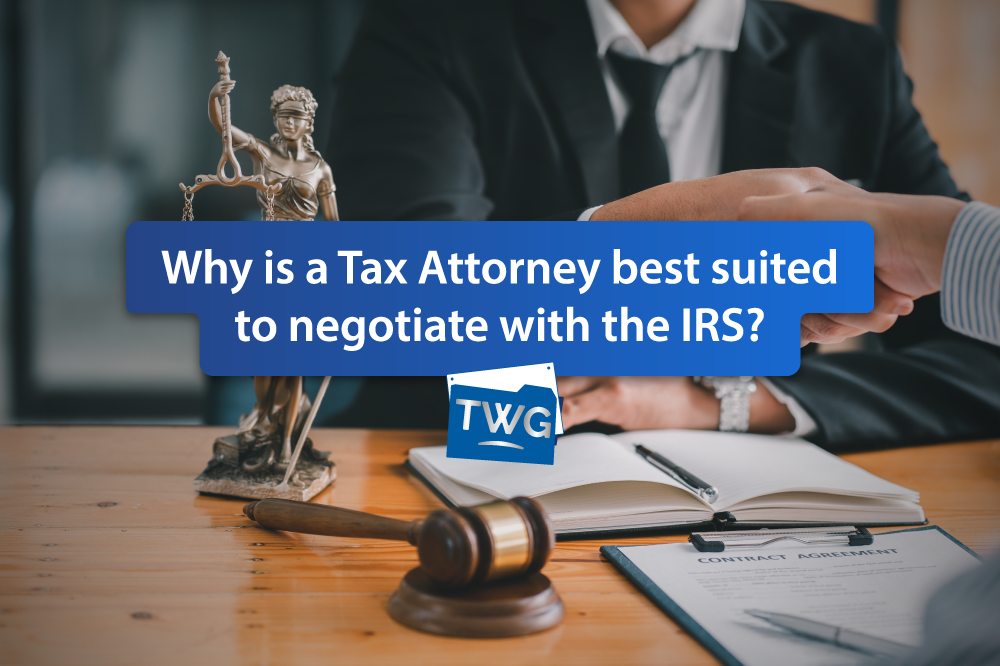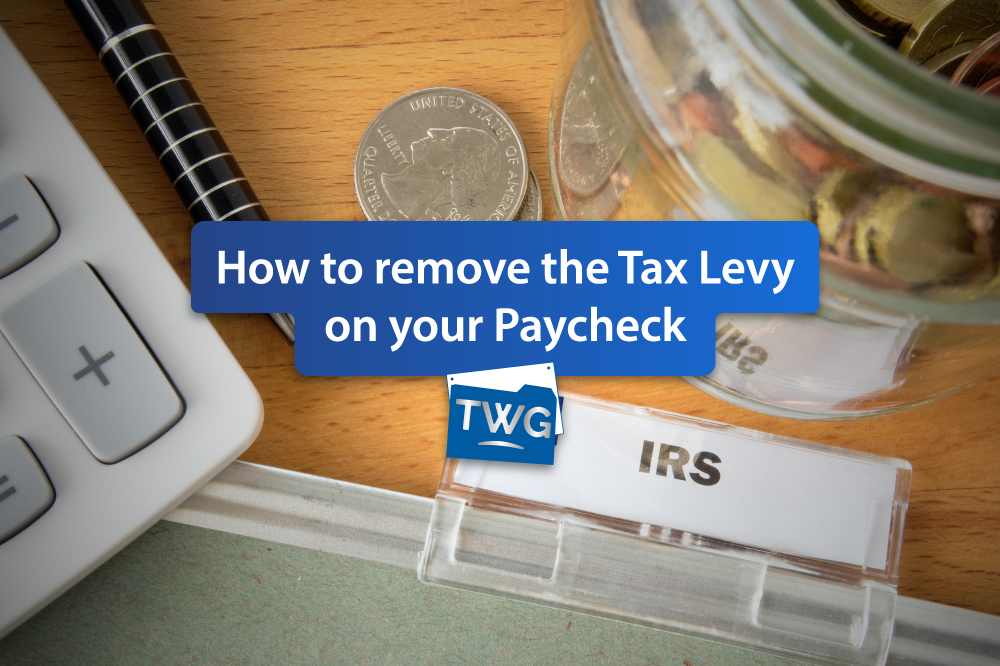-
Why is a Tax Attorney best suited to negotiate with the IRS?

The Taxpayer Bill of Rights allows taxpayers to retain an authorized representative of their choice to represent them in their dealings with the IRS. Whether a taxpayer is being audited, summonsed for an interview, or filing an administrative appeal, the right to be represented is absolute. Any attorney, CPA, enrolled agent, enrolled actuary, or other…
-
What Is the Role of an Executor in Estate Planning?

The executor plays a pivotal role in estate planning, serving as the individual responsible for managing a person’s affairs after their passing. This role involves addressing the estate’s final obligations, such as settling debts and taxes, and safeguarding assets during the probate process. Ultimately, the executor ensures the distribution of assets adheres to the wishes…
-
How to Protect Your Home From the IRS

Taxes are unavoidable, but what happens when unpaid tax debts put your house at risk? Many people wonder, can the IRS make you homeless? While the IRS typically prioritizes the seizure of assets other than a person’s house or primary vehicle, it does have the authority to take a home if no other resources are…
-
How to Remove the Tax Levy on your Paycheck

For the past few months, you’ve received various notices from the IRS regarding your unpaid tax balance, and all of a sudden, you walk into work in the morning, and the HR Department gives you a copy of Form 668-W that it just received in the mail. Or maybe your bank sent you a Form…
-
What Happens to Liens in Chapter 13 Bankruptcy?

Chapter 13 bankruptcy provides a powerful tool for individuals who need to reorganize their debts, protect essential assets, and return to solid financial footing. However, the impact of a lien—especially a tax lien—within a Chapter 13 case can present some unique challenges for the taxpayer. The Bankruptcy Code defines a lien as a “charge against…
-
Can You Still Get a Passport If You Owe Taxes? Understanding IRS Passport Denial and Revocation

If you owe taxes to the IRS, you may wonder whether you can still apply for or renew your passport. The answer isn’t always straightforward – unpaid taxes can have serious consequences, including possibly having your passport denied or revoked. The IRS works closely with the U.S. State Department to enforce tax laws, especially in…
-
When Are Extended Taxes Due? Key Deadlines for 2024

As we move into the final quarter of the year, taxpayers who filed for extensions earlier in 2024—and those who didn’t—need to be aware of critical upcoming deadlines. If you didn’t file your taxes by the April deadline or forgot to request an extension, don’t worry—you still have options. This guide covers the key extended…
-
What is Tax Controversy?

Dealing with taxes can be stressful, especially when you get a notice from the IRS or a state taxing agency advising you that there’s a problem with your tax return. This situation often gives rise to a “tax controversy.” It occurs when there’s a dispute between the taxpayer and the tax authorities about the proper…
-
What You Need to Know About State Tax Audits

Navigating the complexities of a state tax audit can be daunting for both businesses and individuals. Unlike federal IRS audits, state tax audits come with unique challenges that vary by state and tax type. Understanding these distinctions is crucial to achieving a favorable outcome. A state tax audit is a review of your filings by…
-
Will I Lose My Tax Refund if I File Chapter 7?

Filing for bankruptcy can be complex, especially regarding your tax refund. If you’re considering Chapter 7 bankruptcy, you might wonder what will happen to that much-needed tax refund. Let’s go ahead and dive into the details and explore your options. When you file for Chapter 7 bankruptcy, a court-appointed trustee distributes your non-exempt assets to…
